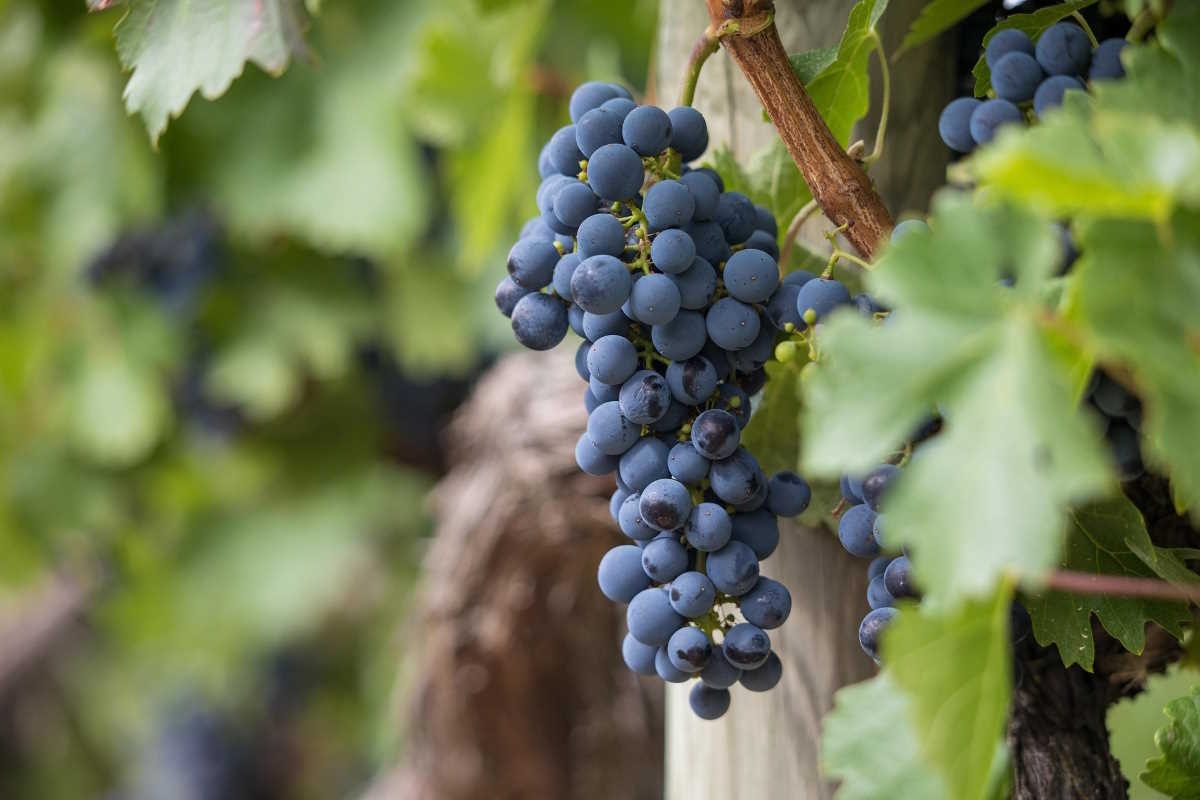In the history of dining one drink has been synonymous with eating fine food more than any other. To have a glass of wine alongside your meal is comparable to the pairings of cheese and crackers or fish and chips. When dining out, and especially while enjoying certain dishes, this partnership between food and drink is iconic.
There are even preferred pairings between food groups and types of wines. If you were to be eating red meat for example, then a Cabernet Sauvignon would partner your meal perfectly. Whereas if you were to have a seafood dish, such as a lobster, then a crystal clear Chardonnay would be the perfect accompaniment. But is wine vegan?
Why isn’t wine vegan?
It would be not unreasonable to assume that wine is vegan. Grapes are fruit and the fermentation process of turning their sugars into alcohol requires no animal products, so why can’t those following a plant-based diet enjoy a carefree glass of Merlot with dinner?
Well unfortunately in the pursuit of the perfect glass of vino, wine makers the world over have strayed from more natural processes. Similar to how wonky vegetables have been shunned from the shelves of our stores for being visually unappealing wines must be as clear as possible, without any haze from the fermentation process.
“In a world where aesthetics matter, winemakers know that they can’t ship their wine without it being crystal clear in appearance. And the only way to do this is by extracting the molecules using fining agents. Many of the fining agents that were traditionally used contained animal products. For red wine, it has historically always been egg whites (known as albumin), while for white wine it was milk protein (known as casein).” Virgin Wines.
What wines are vegan?
The main problem that confronts the wine-loving, plant-eating individual is that the ingredients used in the fining process, are not ingredients at all, and you may not find them written anywhere on your favourite bottle. So as a vegan perusing the shelves for an earthy red to accompany tonight’s dinner, you cannot assume that a label which doesn’t list animal products means that you’re holding a vegan wine. It’s much easier to just look for the vegan-friendly logo, even if you pick up a couple of bottles before you find the right one, it’s worth it.
The good news for all of you rose-drinking, white wine-swilling, vino enthusiasts is that there is a multitude of “alternative fining agents, and these are used increasingly by winemakers all over the world. Bentonite (a type of clay) is one of the most popular.” Perhaps even better for us all “some producers avoid the fining process altogether. You may see terms such as ‘unfined’ on the label to indicate this.” WSET Global. So, there you have it, you can relax, shop simply, drink wine and eat plants.






